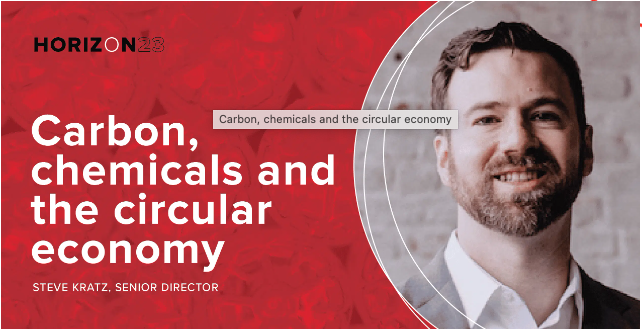State Business Groups Urge EPA to Speed Up Permitting for Carbon Capture Projects
Letter adds to growing, bipartisan efforts to streamline permitting backlog at EPA for carbon storage projects and address delays in processing state primacy applications
WASHINGTON, D.C. — This week, the Pennsylvania Chamber of Business and Industry joined seven business groups representing a diverse cross-section of industry in Pennsylvania, West Virginia, Illinois, Texas, and New Mexico in sending a letter to the U.S. Environmental Protection Agency Administrator Michael Regan calling for the expeditious approval of state primacy applications for Class VI injection wells. In addition to the PA Chamber, the groups include the Pennsylvania Chemical Industry Council; Chemical Industry Council of Illinois; Illinois Manufacturers’ Association; New Mexico Chamber of Commerce; Texas Economic Development Council; Greater Houston Partnership; and the West Virginia Manufacturers Association.
While carbon capture and sequestration (CCS), a technology that would help reduce emissions from hard-to-abate industries and spur economic growth, has been given full support from the Biden Administration, the permitting process for CO2 injection wells, also known as Class VI wells, has been stagnant since the Inflation Reduction Act was approved. Similarly, states requesting primacy over Class VI wells permitting have faced significant delays in their applications before the EPA, despite its ability to speed up the deployment of CCS.






